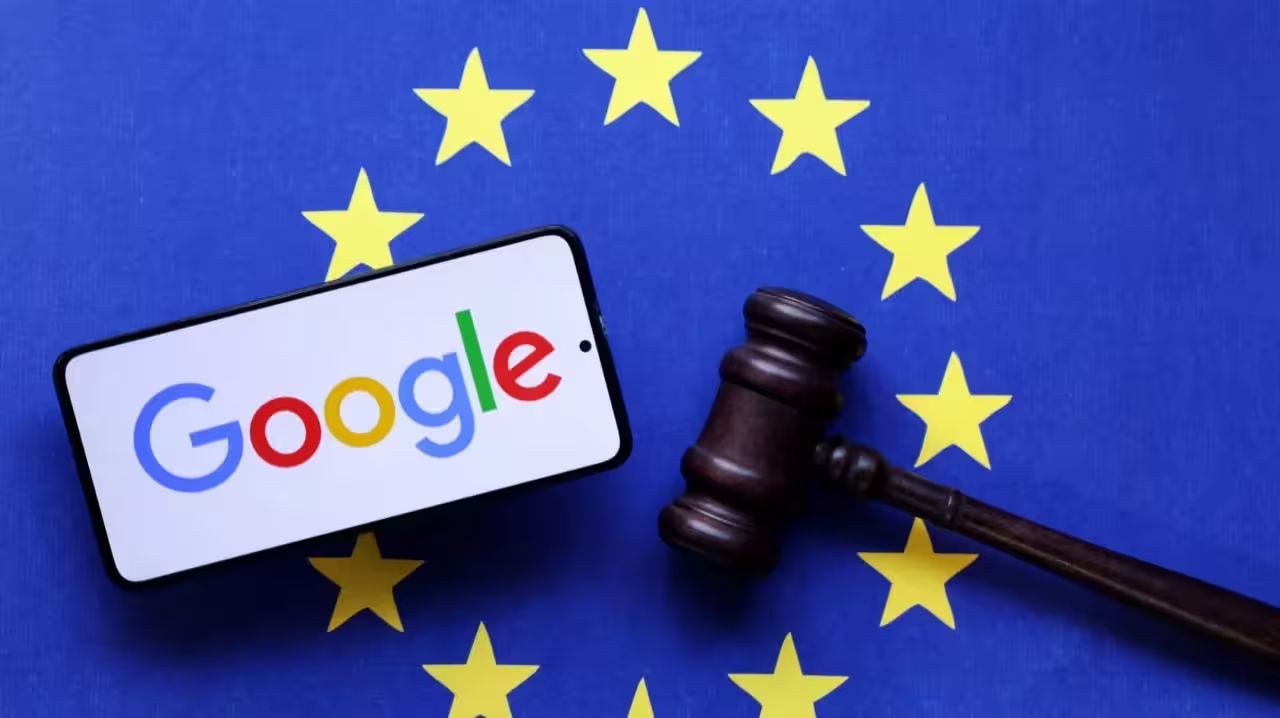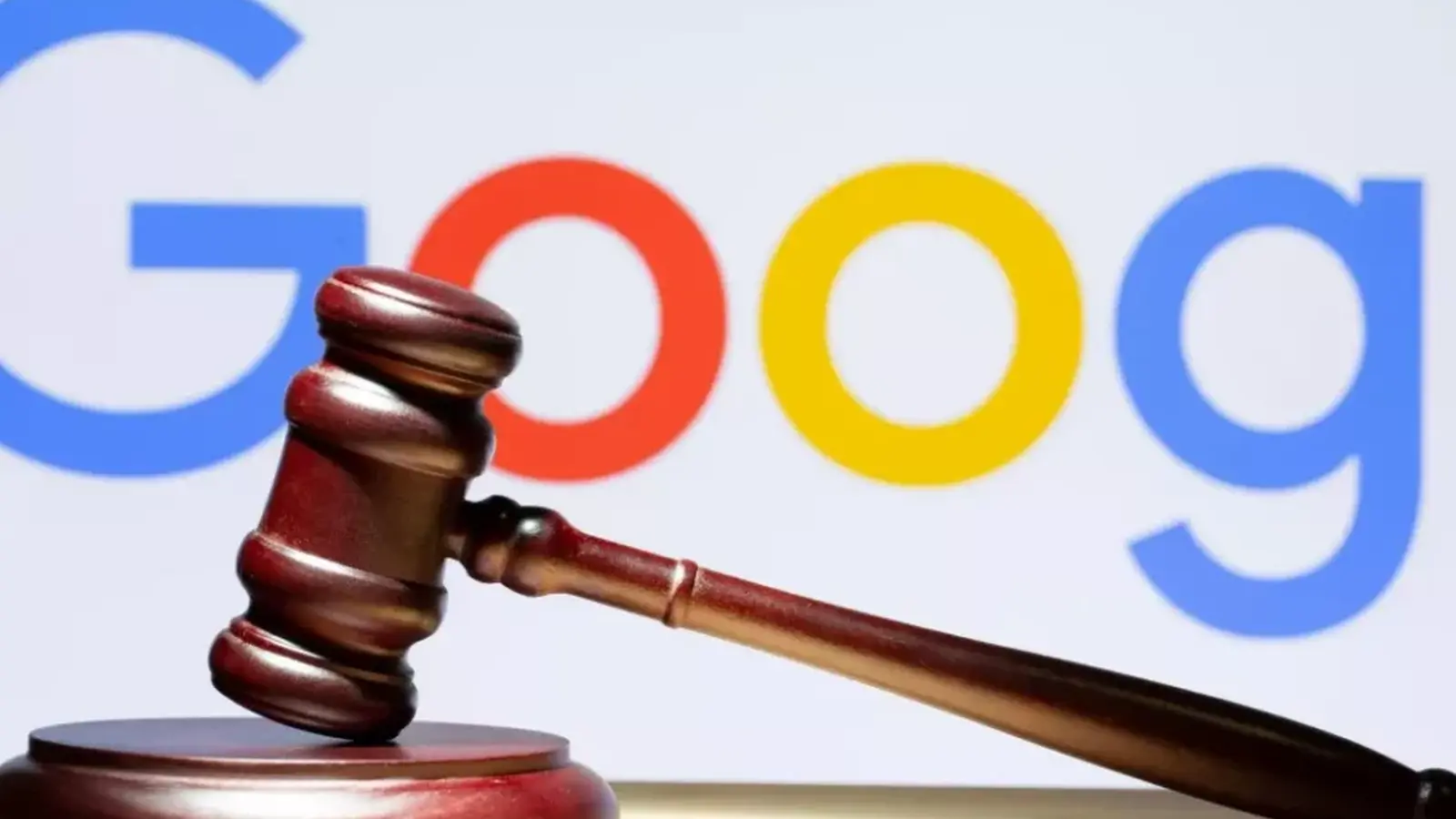3 Minutes
A Berlin court has ruled that Google abused its dominant market position in comparison shopping results and must pay a total of €572 million (about $664 million) in damages to two German price-comparison platforms. The decision marks one of the largest antitrust payouts in Europe targeting Google and could sharpen scrutiny of how search giants surface shopping results.
Court finds years of preferential treatment for Google Shopping
The court concluded that between 2008 and 2023 Google steered user traffic toward its own Shopping service, harming competition in the price-comparison market. Two separate rulings ordered payments of €465 million to Idealo and €107 million to Producto.
- Idealo — part of Axel Springer — was awarded €465 million after originally seeking €3.3 billion, claiming years of lost traffic and ad revenue.
- Producto received €107 million in compensation for similar losses linked to Google’s prioritization of its own results.
What led to this verdict and the broader EU backdrop
The judgment follows a 2024 ruling by the Court of Justice of the European Union (CJEU), which found that Google had favored its own comparison-shopping results. That decision upheld a multibillion-euro antitrust penalty against Google and set the stage for private claims by rival services in national courts.

Google pushes back — and plans to appeal
Google rejected the accusations and said it will appeal the Berlin rulings. The company points to substantial changes made to its Shopping service in 2017 intended to comply with EU competition rules. Google maintains that Shopping operates like a separate business and competes in the same auctions as other advertisers for placement.
Why this matters for shoppers and rivals
Imagine searching for a TV and seeing only results that channel you to one service. That’s the concern regulators and rivals have voiced: when a dominant search engine favors its own listings, consumers may see fewer options and competitors lose vital traffic and ad revenue. This ruling could encourage other platforms to pursue claims and push EU regulators to apply stricter oversight on how search results are ranked for commercial queries.
What to watch next
Expect Google’s legal appeals and potential revisions to how search advertising and shopping results are displayed. The case also signals that courts and regulators in Europe remain vigilant about tech platforms leveraging search dominance to favor in-house services—and that private damages claims are a potent tool for affected businesses.


Leave a Comment